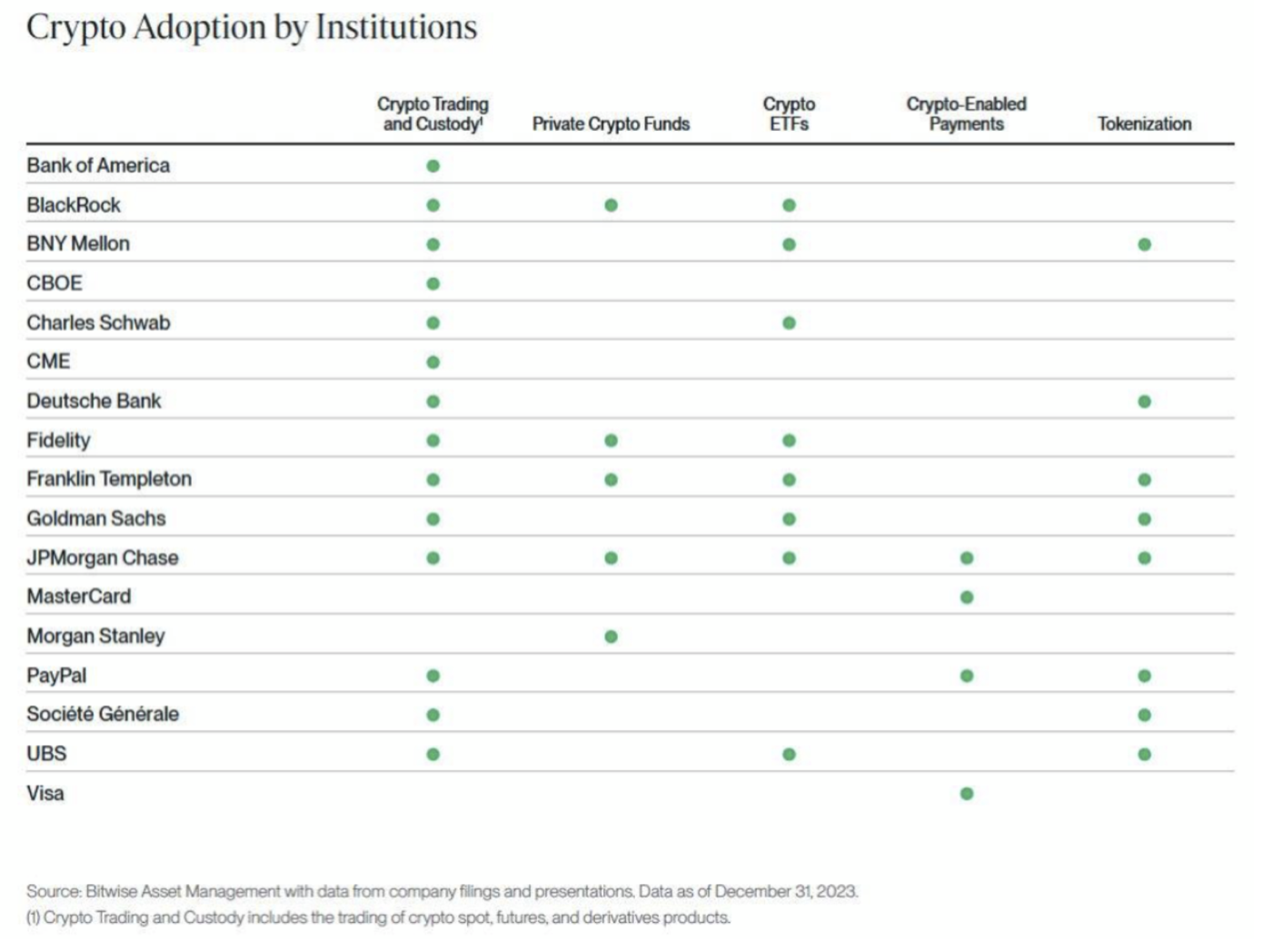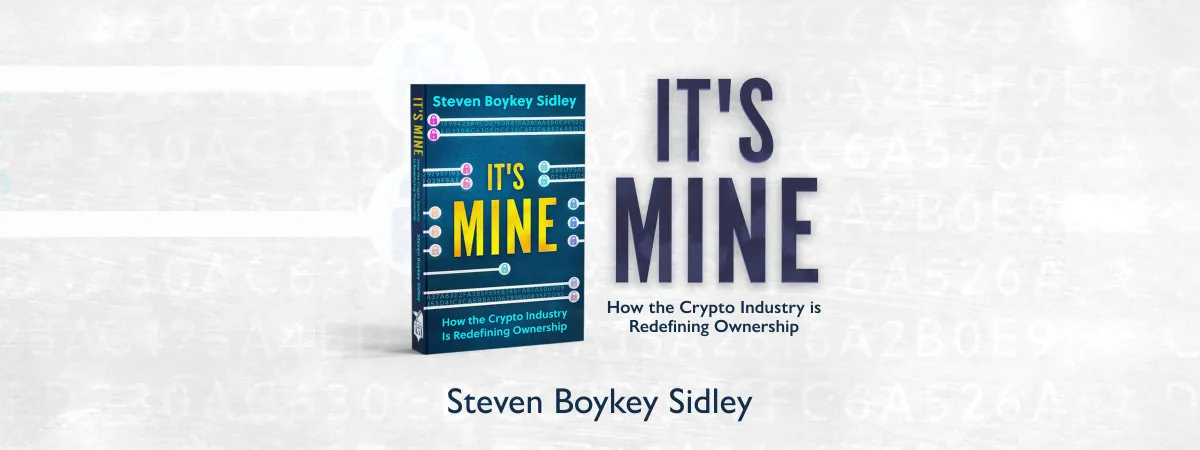GUEST ESSAY
The new technology culture wars – how fast is too fast?

While the debate around prudent deceleration and imperative acceleration swirls on and on, new tech like crypto and AI mutate aggressively.
As if we don’t have enough buzzwords already, a new species of technology flag-bearer has taken root over the past year, dubbed the e/accs, or “effective” accelerationists. Their fierce adversaries are the decelerationists, or decels. A new cover on an old book perhaps, but there are interesting new nuances to plumb here in a world where technology, politics, philosophy and culture have become bewilderingly entwined.
We have seen some of this before, of course, with the “move-fast-and-break-things” war cry of the 2000s, often ascribed to Mark Zuckerberg, but probably only apocryphally so. Even the old cliché “breaking the mould” talks a vaguely similar language, although it may sound a little cringey in the 2020s.
I have written about these proponents and opponents before. The venture capital giant Marc Andreessen on the side of urgency, Tristan Harris of the Centre for Humane Technology arguing for caution and mythologist Joshua Schrei valuing the inherited wisdoms of slowly accumulated knowledge.
Effective acceleration is a little different from earlier imprecations to push technology to its limits. I was curious as to why the word “effective” had been awkwardly attached at the front end. A quick trip to Wikipedia cleared it up. The term “Accelerationist” was coined by an academic named Benjamin Noys in 2010 as a way of advocating for extreme societal and political change. It was subsequently picked up by various thinkers on the extreme left and extreme right; clearly the progenitors of e/acc wanted to differentiate themselves from that lot.
“Effective,” in their understanding, means technology purposed for and directed towards the solution to specific and well-defined “big” problems that we humans face at this chaotic time in our history. You know – climate, hunger, pollution, inequality, education, energy, financial inclusion, democracy – that sort of thing. No shortage of good intentions and big aspirations there.
The accelerationists in crypto are finally winning a place in polite society, and the crooks and scamsters who tried to ride on its coattails are thinning out.
And the progenitors of e/acc? Unsurprisingly it emerged on Twitter via anonymous Tweeters a little more than a year ago, the two most famous being Beff Jezos and @Bayeslord who also writes a passionate Substack newsletter called e/acc. Here is a quote from his first newsletter (in December 2022):
“… practically speaking, the solution to the problems facing humanity is to grow out of them. Humanity solves problems through technological advancement and growth. Contrary examples from history – where humanity has solved a problem by skulking backward – are scarce to non-existent.”
The movement has grown since, and has become more vocal. Stripping away the hype, the message is clear. Things are crumbling around us – we have no time for regulation and government overreach and long debates. We need constraints to be removed. Technology can, and always has, solved our problems and enabled our aspirations. But time moves much faster now, as do both innovation on the one side and human suffering on the other. We technologists need to accelerate experiments and develop on all fronts, unencumbered by doomsayers, caution-purveyors, process engineers and de-growth activists.
As you can imagine, this proclamation sparked a firestorm of resistance from those very people, which became dramatically more urgent with the emergence of AI, a technology whose rate of change and impact we are literally unable to predict.
The decels say: You will make mistakes and life might suffer incalculable damage. Inequalities and cruelties we cannot even imagine may emerge. We need to consider all scenarios. Black swans. Unintended consequences. Other opinions. Evil in the hearts of men (especially that). The costs in both dollars and human impact need to be understood.
The e/accs say: Sorry, there’s no time for that anymore. We are teetering on the edge of many cliffs. We need to invent and spray and pray and embrace those which stick. The right solutions will emerge and win, because that is the history of both our species and the tech it has invented. If we slow down we are lost. It is almost midnight.
Around and around the debate swirls, while new tech like crypto and AI mutate aggressively, often outside of the sloth-slow process of policy and promulgation.
Read more in Daily Maverick: The tortoise and the hare revisited – the inevitable failure of AI regulation
Who is going to gain the upper hand here? If one uses crypto as a yardstick, the accelerationists will win, have already won. Crypto went through the massive innovation curve, it was derided and resisted and criminalised and banned and now, finally, it has been tentatively embraced by the very people and institutions who tried to stamp it out. It’s an ongoing process, to be sure, but the conclusion is pretty much inevitable now. The accelerationists in crypto are finally winning a place in polite society, and the crooks and scamsters who tried to ride on its coattails are thinning out. See the graphic below, in case anyone doubts how this once wild technology has embedded in the old guard:

But AI? That (to mix my metaphors) is a whole different kettle of bits. As many others have eloquently argued, we are messing with superpowers here. It’s not just a more secure form of money or a digital title deed or a better battery or a smarter drug. AI is much bigger than all of those. We are tinkering with the mechanics of intelligence, creativity, consciousness and sentience here.
Deceleration may seem prudent. Acceleration may be imperative.
It is not clear how to choose between them. DM
Steven Boykey Sidley is a professor of practice at JBS, University of Johannesburg. His new book, It’s Mine: How the Crypto Industry is Redefining Ownership, is published by Maverick451 in South Africa and Legend Times Group in the UK/EU, available now.



















Comments - Please login in order to comment.